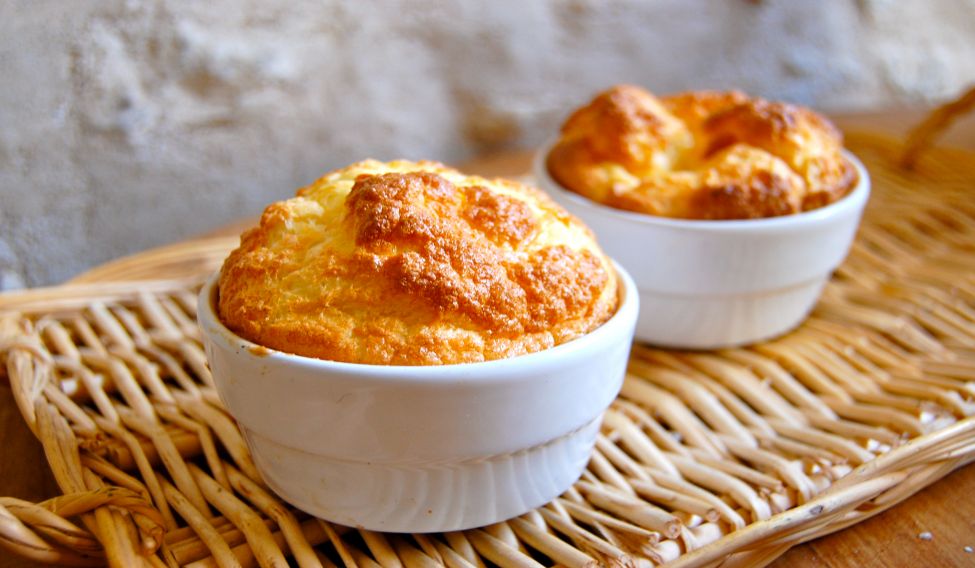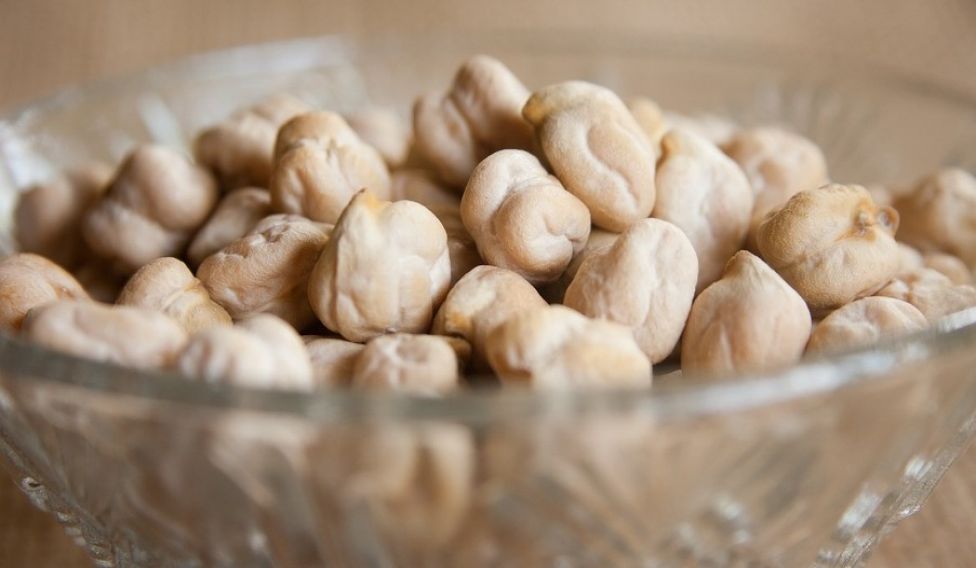Goose Wohlt is a software engineer. Joël Roessel is a tenor singer and chef. One is from Indiana, the other is French. Wondering what connects them? Firstly, they both are vegans. Secondly, they were on a constant look out for egg-substitutes. So why is getting an egg replacement so hard, when there is a whole gamut of substitutes available, like bananas and applesauce? These are whole egg substitutes, and the problem lies with the the more delicate part of the egg, the translucent egg whites, which when whipped up are used to make delicacies like meringues and pavlovas.
Replacing egg whites is very tricky, since it is very hard to mimic. Flaxseeds were tried at one point, but because of the complexity in making flaxseed gel, it did not work quite as well. Meringues are made by whipping egg whites with sugar (and cream of tartar), and when whipped, the proteins in the eggs open out. The air bubbles are trapped in, which creates the fluffy foam. Whisk more, and you get those smooth, glossy peaks that can be baked into meringues.
Chickpeas to the rescue
Joël Roessel, in his experiments with the brine in canned chickpeas, in a mission to create foam, discovered the liquid’s egg white-like properties, adding consistency with stabilisers like guar gum and cornstarch. A vegan geek, Goose Wohlt, chanced upon a few YouTube videos of other French chefs using this chickpea liquid to make mousse. Very inspired, he set out to experiment further, and instead of his existing commercial egg substitute, he added sugar into the chickpea brine, whisking it to produce the foam that he baked to create delightful meringues. He had hit the vegan jackpot.
Wohlt posted his new find on a vegan Facebook group, along with a recipe for egg-less meringue using his combination of chickpea brine and sugar, much to the delight of the vegan community. He named this 'aquafaba'. The name came from ‘aqua’ Latin word meaning water, and ‘faba’ (Latin) meaning beans, and got picked up by the Oxford English Dictionary soon enough. Aquafaba, can be the liquid from a can, or the liquid from cooked chickpeas at home.
With an almost non-existent bean-y aroma, and no remnant flavour that stands out, the concept of Aquafaba replacing egg whites blew up and the vegan culinary scene has since been seeing some authentic and innovative recipes and dishes.
Three tablespoons of aquafaba is equal to one egg, and the ideal consistency should be not too runny, but a little slimy as egg whites. Watery aquafaba can be reduced on the stove to make it thicker. It can be used to make creams, whips and fluffs, toppings, mayonnaise, meringues, macarons, buttercream, brownies, macaroons, pavlovas, marshmallows, nougat, icing, cakes, and more. Aquafaba can be frozen, heated, or cooled and it does not coagulate when heated, like egg whites.
So the next time you come close to throwing away chickpea brine, you know you have a gluten-free, low-cal, plant-based egg substitute in that bowl.











